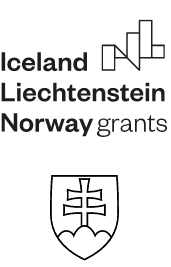The cycle of open screenings has been taking place at Kino Úsmev since 2019. These are free inclusive events that are specially adapted to the needs of vulnerable groups of people. On a regular basis, we make films accessible to people with autism, visual or hearing impairments, and seniors with cognitive impairments. As part of the KÓSY KINO project, our Icelandic partner cinema Bíó Paradís will also start organising these screenings.
Autism-friendly screenings
These screenings are primarily intended for younger viewers with an exceptional perception of the world. During screenings, they have the opportunity to move freely around the cinema hall and the freedom of spontaneous expression in a tolerant environment, where no one will try to suppress their behaviour. During the events, the light in the hall is dimmed and the film is played with lowered audio.
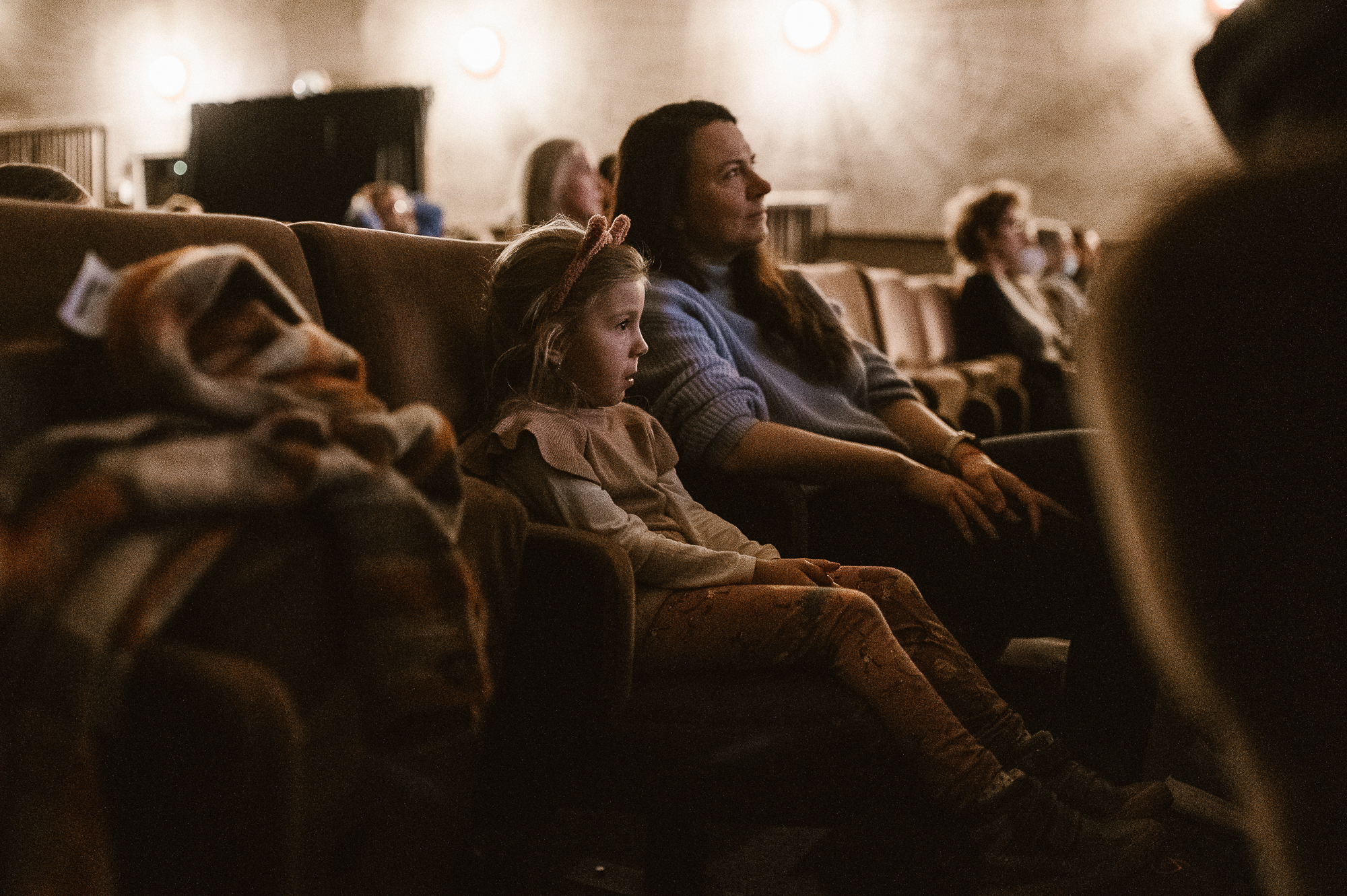
Dementia-friendly screenings
Screenings are intended for seniors suffering from dementia or other cognitive disorders such as Alzheimer’s or Parkinson’s disease and serve as an opportunity for clients of specialised facilities to participate in a “regular” activity. During the events, the light in the hall is dimmed and the film is played with lowered audio. When choosing a film, we focus on its nostalgic value.
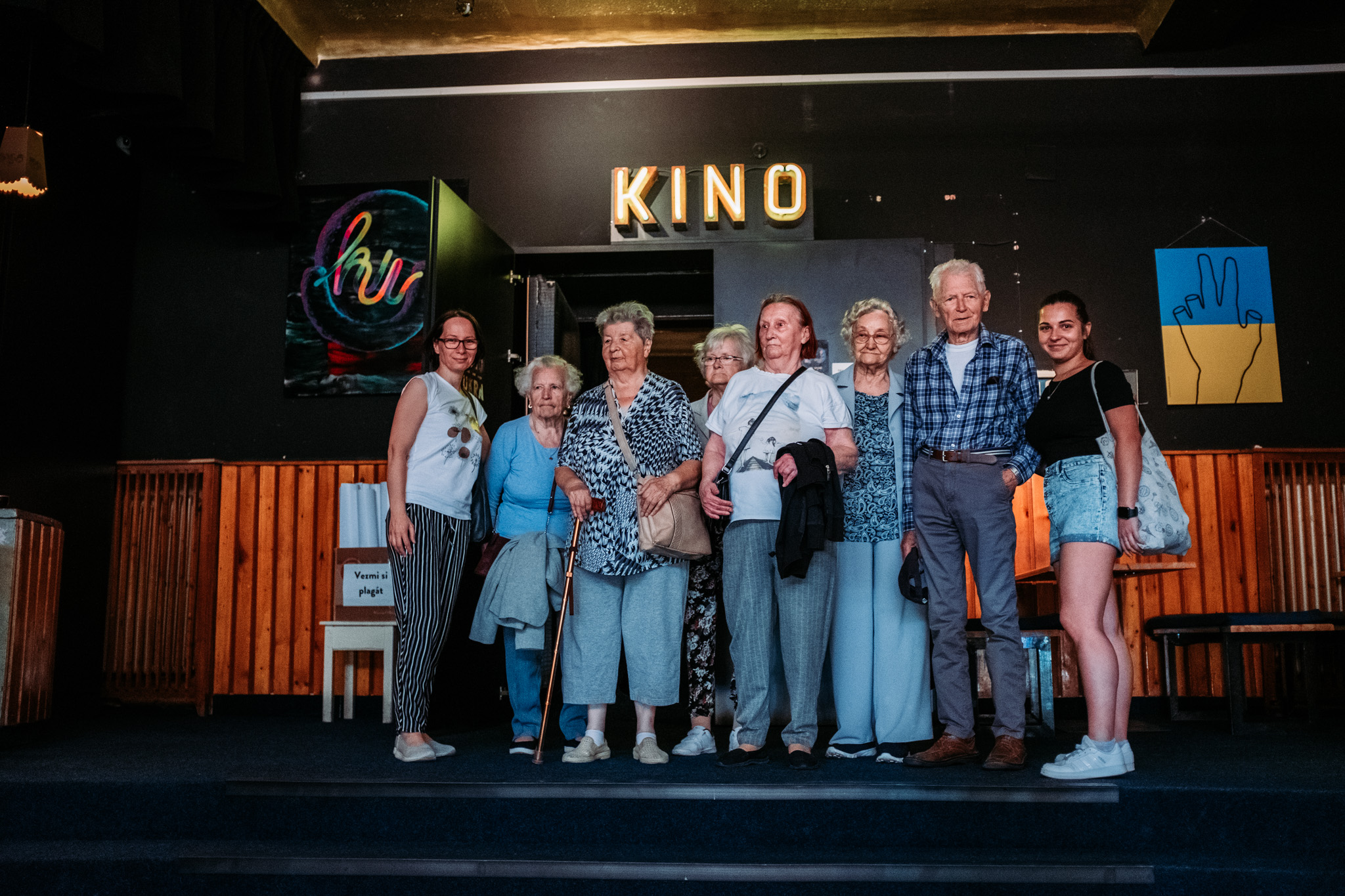
Blind-friendly screenings
Screenings are intended for blind and sight impaired viewers. The film is accompanied by an audio commentary that describes the plot, scenes, actors and their facial expressions in detail.
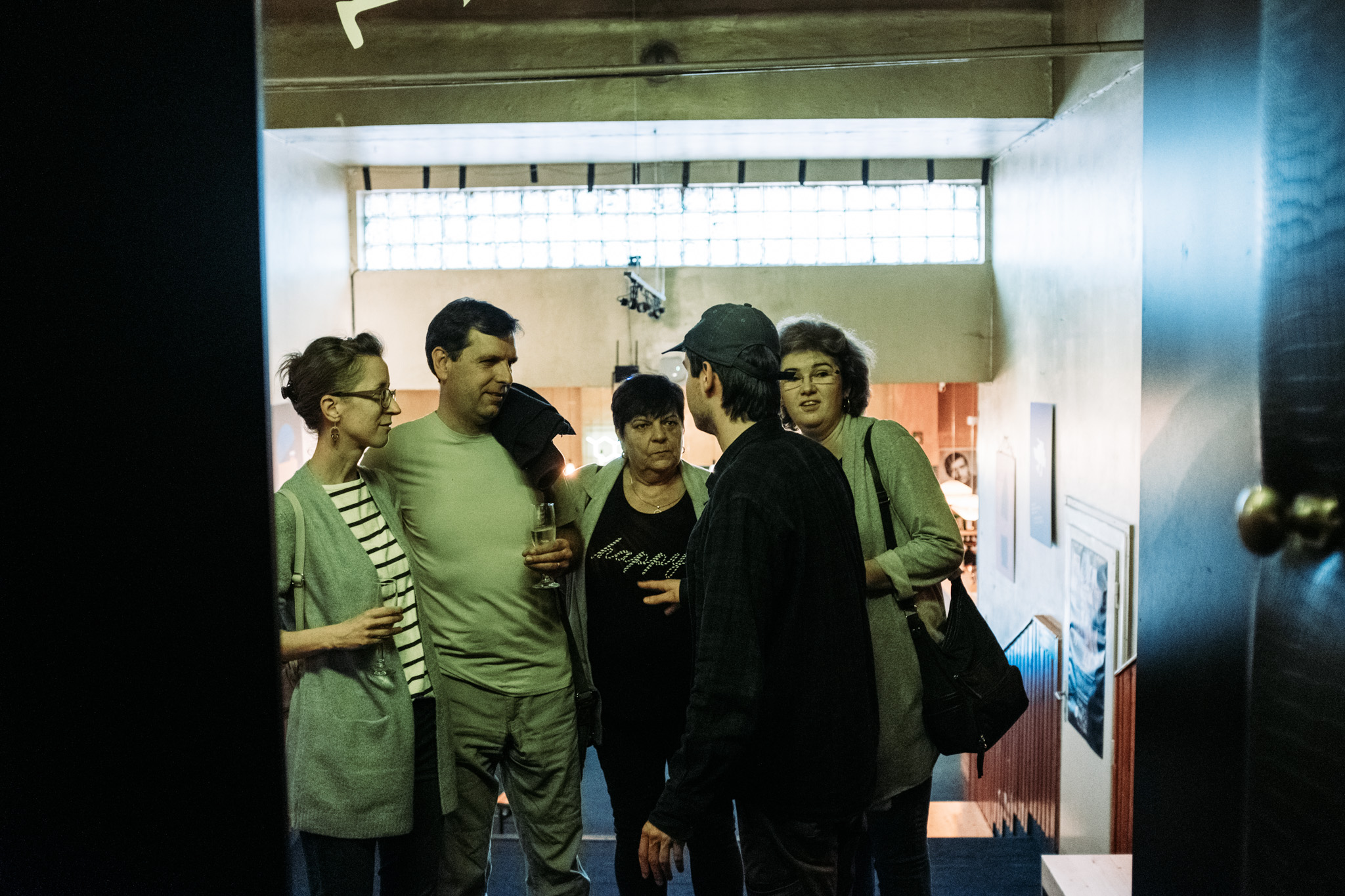
Deaf-friendly screenings
Screenings are intended for deaf and hard of hearing viewers. In 2021, we installed an induction loop in the upper rows of the big cinema hall, which ensures the transmission of sound to the hearing devices of people with hearing impairments. At the same time, the films are screened with special subtitles, which are colour differentiated and thus enable a more fulfilling experience for the audience.
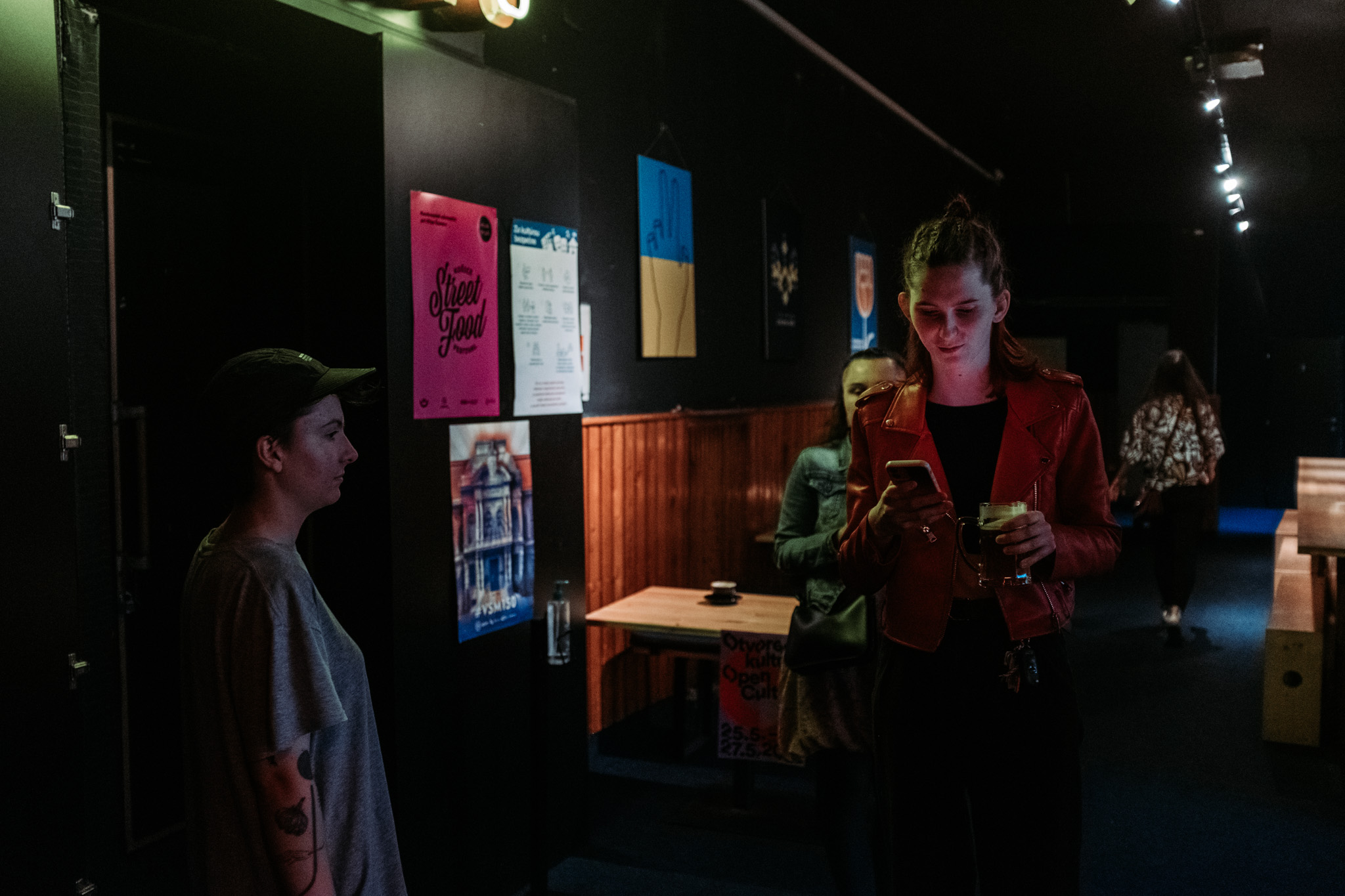
We started the school as part of the project Otvorený Úsmev which was funded by the Active Citizens Fund – Slovakia. Today it is part of the KÓSY KINO project, which project benefits from a grant from Iceland, Liechtenstein and Norway through the EEA Grants and has been co-financed from the State Budget of the Slovak Republic

